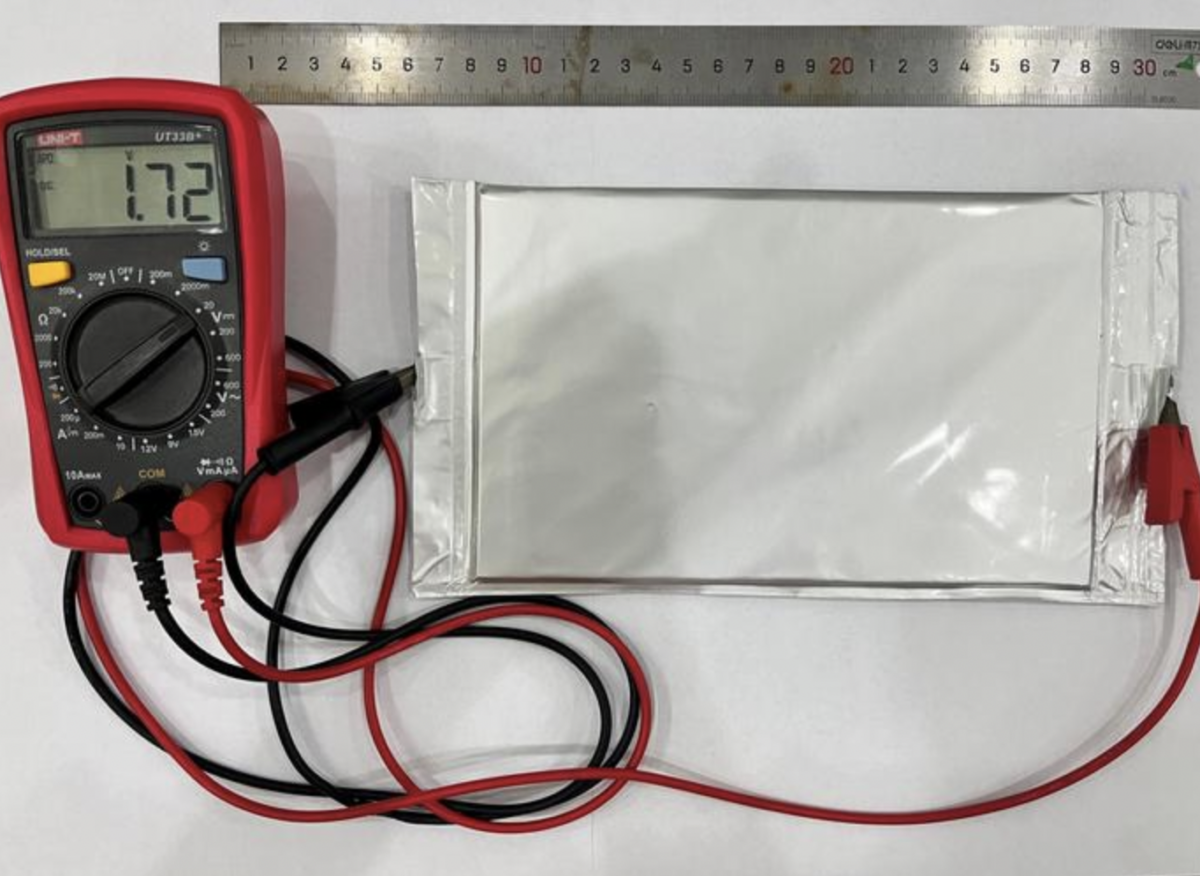From ESS News
The environmentally friendly and high-safety aluminum-ion batteries have attracted much interest, but the extensive use of expensive electrolyte, strong moisture sensitivity, and severe corrosion of the Al anode have limited their commercial application.
Now, researchers at Beijing Institute of Technology, University of Science and Technology Beijing, and Lanzhou University of Technology have presented a new aluminum-ion battery that has shown exceptionally long cycling life due to a newly developed electrolyte.
The team added an inert aluminum fluoride salt to an Al-ion-containing electrolyte, turning it into a solid-state electrolyte. The aluminum fluoride salt has a 3D porous structure, allowing aluminum ions to easily hop across the electrolyte and increase conductivity.
To continue reading, please visit our ESS News website.
This content is protected by copyright and may not be reused. If you want to cooperate with us and would like to reuse some of our content, please contact: editors@pv-magazine.com.




The newly developed aluminum-ion battery featured in the article promises long cycle life thanks to a solid-state electrolyte with a 3D porous structure. However, its commercial viability is still hindered by challenges such as the high cost of the electrolyte and corrosion issues with the anode.
In contrast, Zenaji LTO (Lithium Titanium Oxide) batteries offer unmatched durability with a 20-year/22,000-cycle warranty and are designed for extreme conditions (-40°C to 60°C), offering a much lower lifetime cost per kWh and greater safety. Additionally, Zenaji’s technology is Australian-designed and manufactured, making it a reliable, cost-effective, and sustainable energy storage solution.